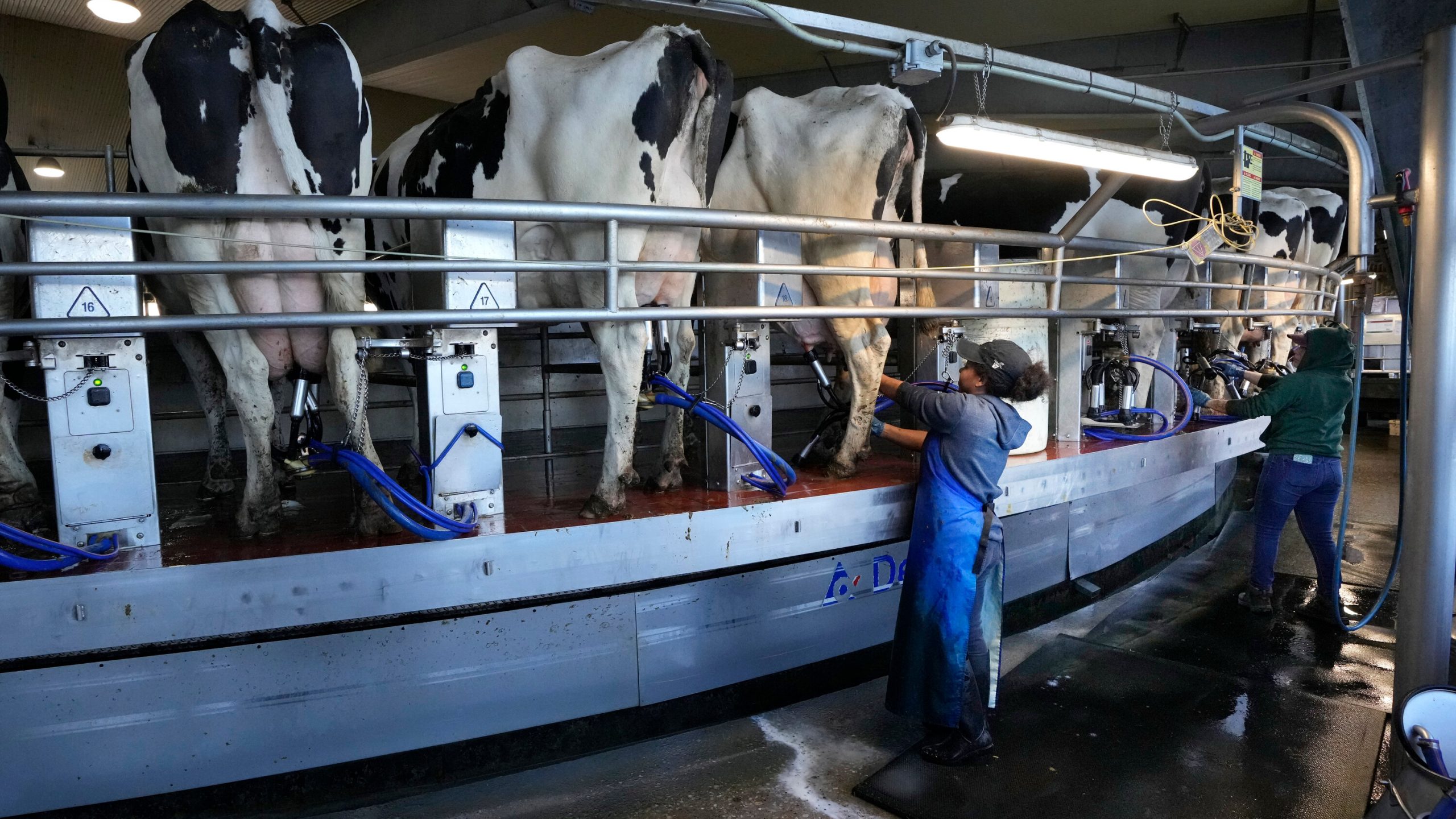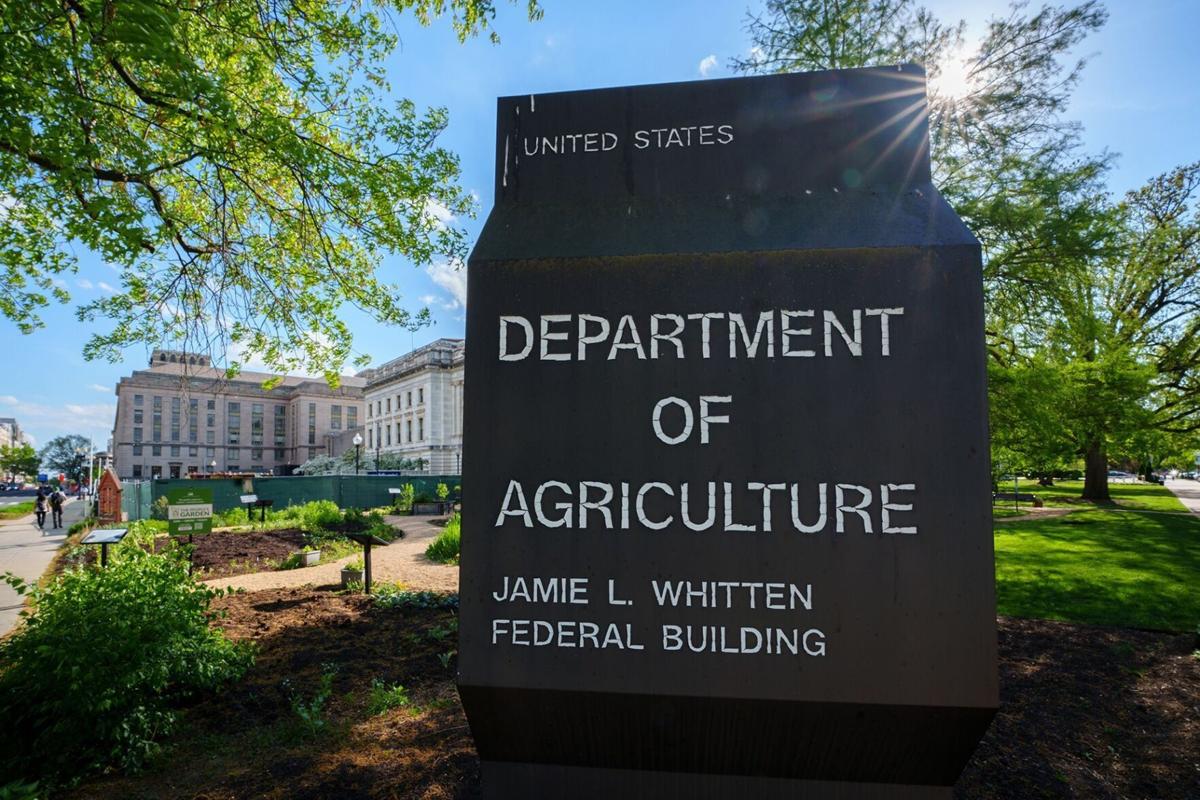News
U.S. Lawmakers Push for Stronger Response to Bird Flu in Dairy Cows Amid Widespread Outbreak

(CTN News) – Some US congressmen urged the Biden administration on Friday to further limit the spread of Bird flu in dairy cows after milk testing revealed the outbreak is more widespread than previously assumed.
One month after the first diagnosis in a Texas dairy herd, Congress members’ calls for a stronger reaction put additional pressure on federal agriculture and health officials, who are still trying to determine how the H5N1 virus is spreading and the potential threats to people.
A University of Arizona scientist’s review of US Department of Agriculture data reveals new evidence that the first known H5N1 outbreak in dairy cattle is more widespread than the 33 herds in eight tested positive states.
“Containing this before it spreads to humans is crucial. Given the lessons gained from COVID, this federal reaction is insufficient,” Republican Senator Mitt Romney wrote on X.
Some senators, including Romney, have launched a bipartisan effort to revive the Pandemic and All-Hazards Preparedness Act, which expired last year and is intended to strengthen the nation’s response to pandemics and other public health hazards.
The current outbreak of avian flu and the discovery of H5N1 genetic material in milk have prompted some demands for action.
In the current incident, a Texas farm worker tested positive for bird flu after being exposed to dairy cows. The patient had conjunctivitis.
According to Dr. Michael Worobey, an evolutionary scientist at the University of Arizona, the virus in the human instance differs dramatically from the bird flu virus samples collected from infected animals and made public by government officials last weekend.
The differences in the genetic sequences of the worker’s virus and the 239 other samples submitted suggest that “this was a very longstanding, widespread epidemic,” he told Reuters.
The Texas Animal Health Commission stated that due to the worker’s anonymity, it did not receive the location of his property or obtain samples of his herd.
“I think the sequences out there probably aren’t representative of everything that’s circulating,” said Dr. Richard Webby, a virologist at St. Jude Children’s Research Hospital in Memphis.
A CDC representative stated in an email that “there are always some subtle changes in genetic sequences when flu viruses move from host-to-host,” but that data indicates that the virus originated in birds, infected cows, and then spread to humans.
The US Food and Drug Administration announced late Thursday that one in five commercial milk samples tested in a statewide survey had H5N1 virus particles. The government stated there is no reason to believe the virus discovered in milk harms human health.
“This says this virus has largely saturated dairy cattle throughout the country,” said Dr. Michael Osterholm, an infectious disease expert at the University of Minnesota.
Many infectious disease professionals and government officials believe pasteurization, also known as avian influenza, will inactivate the virus. However, the FDA stated that additional testing is required to establish that the milk contains no pathogenic virus.
“I’m not worried about the milk itself,” said Samuel Alcaine, an associate professor of food science at Cornell University. However, it does indicate that the virus is more widespread among dairies than we had previously thought.
Osterholm believes the discoveries show that the United States should conduct much more sampling in dairy, beef, and pig cattle, which are common mixing vessels for flu viruses that can be transmitted to humans.
Both the Centers for Disease Control and Prevention and the World Health Organization stated on Friday that the present overall public health risk is minimal, but it is higher for those exposed to infected animals.
Democratic U.S. Senator Tammy Baldwin of Wisconsin, a major dairy state with no known cases, has encouraged the USDA to “quickly deploy additional resources in states that have the opportunity to prevent the disease from entering herds.”
The White House has stated that it is watching the avian flu situation and has formed an “immediate response team” to protect the safety of the nation’s food supply, monitor trends to reduce risk and prevent the virus from spreading.
Beginning Monday, the USDA will require dairy cows to test negative for avian flu before being transported across state lines.
According to state veterinarian Bret Marsh, Indiana officials are considering potential limits, such as testing within the state, even though no proven instances exist.
“We’re looking at the state level to see what we might need to do,” he said on a conference call.






























